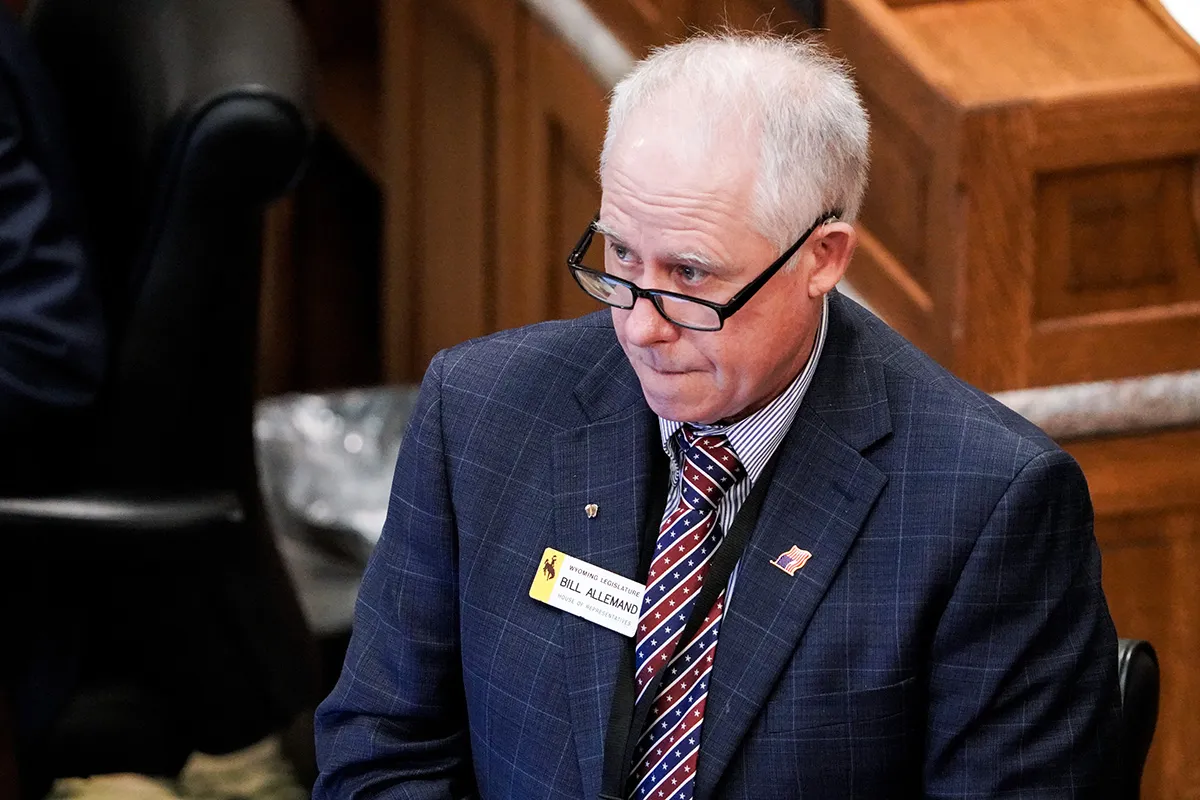In a potential shift for the US housing market, Fannie Mae and Freddie Mac are preparing to allow cryptocurrencies to be considered as assets in mortgage risk assessments—a move that could open new opportunities for homebuyers and introduce digital currencies into a traditionally conservative sector, the Washington Post reports.
Announced by Federal Housing Finance Agency (FHFA) Director Bill Pulte, the proposed change would let borrowers use certain crypto holdings—specifically those stored on US-regulated exchanges—as part of their asset base when applying for a mortgage. While still subject to final approval from Fannie, Freddie, and the FHFA boards, Pulte said the policy should be implemented “as soon as reasonably practical.”
The development comes as the housing market grapples with affordability challenges, high mortgage rates, and limited housing supply. With average 30-year fixed mortgage rates hovering around 6.77%, many potential buyers are priced out of the market or hesitant to give up homes secured at lower rates.
Pulte framed the policy shift as an effort to expand access to homeownership and to recognize newer forms of wealth generation.
“Cryptocurrencies may offer an opportunity to build wealth outside of traditional stock and bond markets,” he said.
Supporters also point to the broader political backdrop. Pulte noted the move aligns with President Donald Trump’s broader vision to make the US a global leader in the crypto space, an industry that has increasingly aligned itself with his economic and regulatory agenda.
While the Mortgage Bankers Association praised the step as a sign of modernization, calling crypto “one option” in reserve asset calculations, the announcement has also raised questions from financial watchdogs and housing advocates.
Amanda Fischer, policy director at Better Markets, expressed concern about using highly volatile digital assets as a basis for determining creditworthiness.
“It’s not uncommon to see 40 to 50 percent price swings within a trading day,” she said, warning that crypto values could change drastically between underwriting and closing.
The FHFA did not provide estimates on how many mortgages the policy might affect or whether it would meaningfully impact affordability. Historically, borrowers have been required to liquidate crypto holdings into dollars before lenders would consider their value.
Fannie Mae and Freddie Mac do not originate loans but rather buy mortgages from lenders and repackage them into securities, effectively supporting the broader housing finance system. Together, they back roughly half of all US home loans. The companies have remained under government conservatorship since the 2008 financial crisis.
Although Trump has indicated interest in taking the entities “public” again—while keeping a government guarantee on their securities—little progress has been made. Experts caution that any major changes in their governance must be carefully handled to avoid disrupting financial markets or pushing mortgage rates higher.










The latest news in your social feeds
Subscribe to our social media platforms to stay tuned